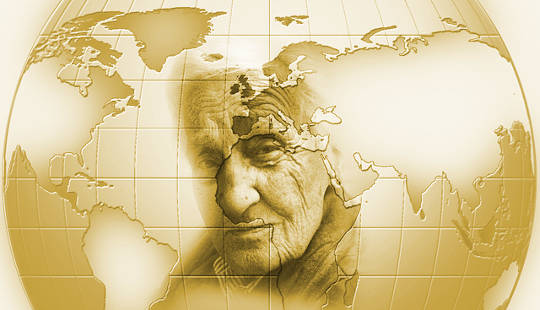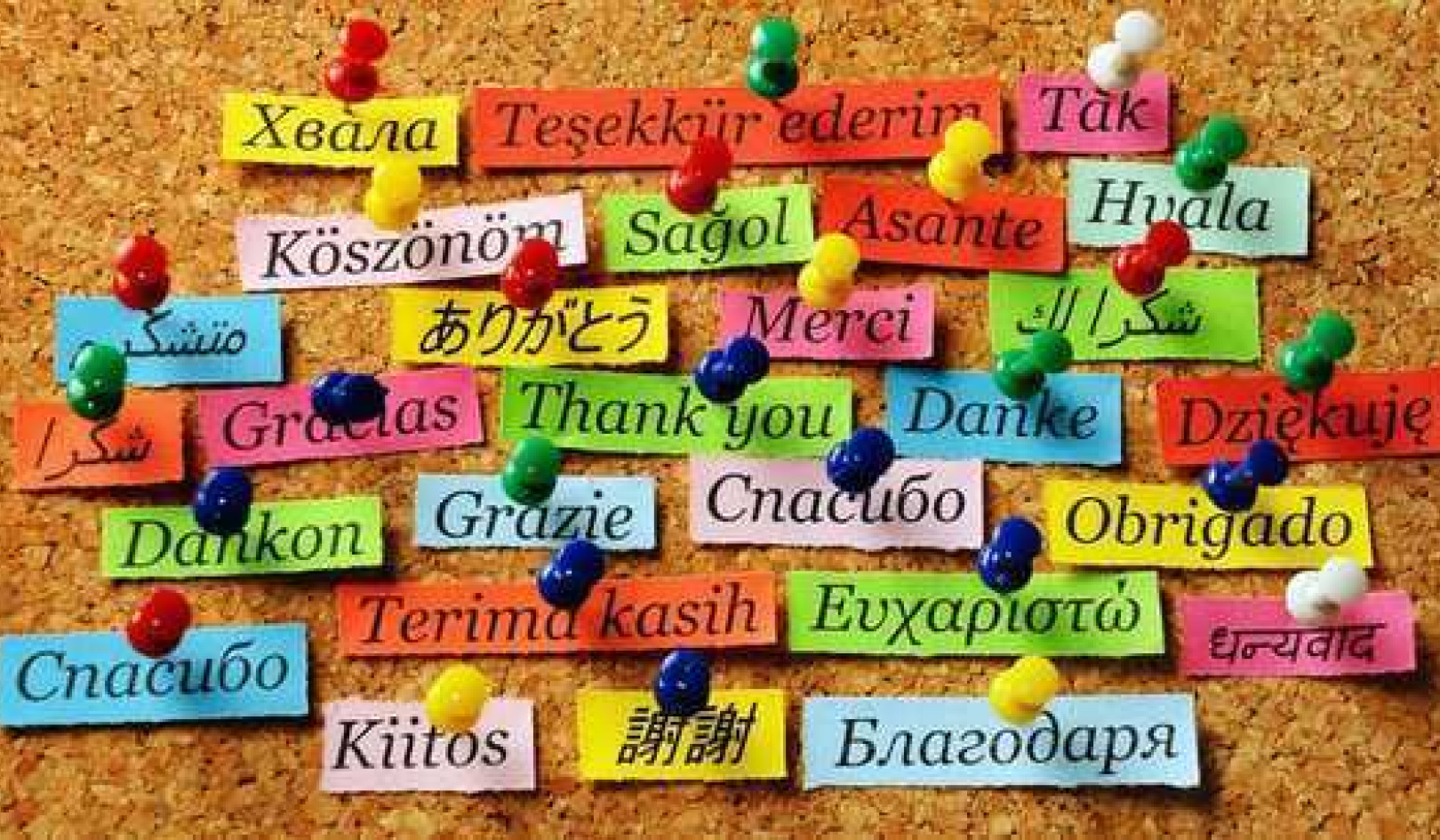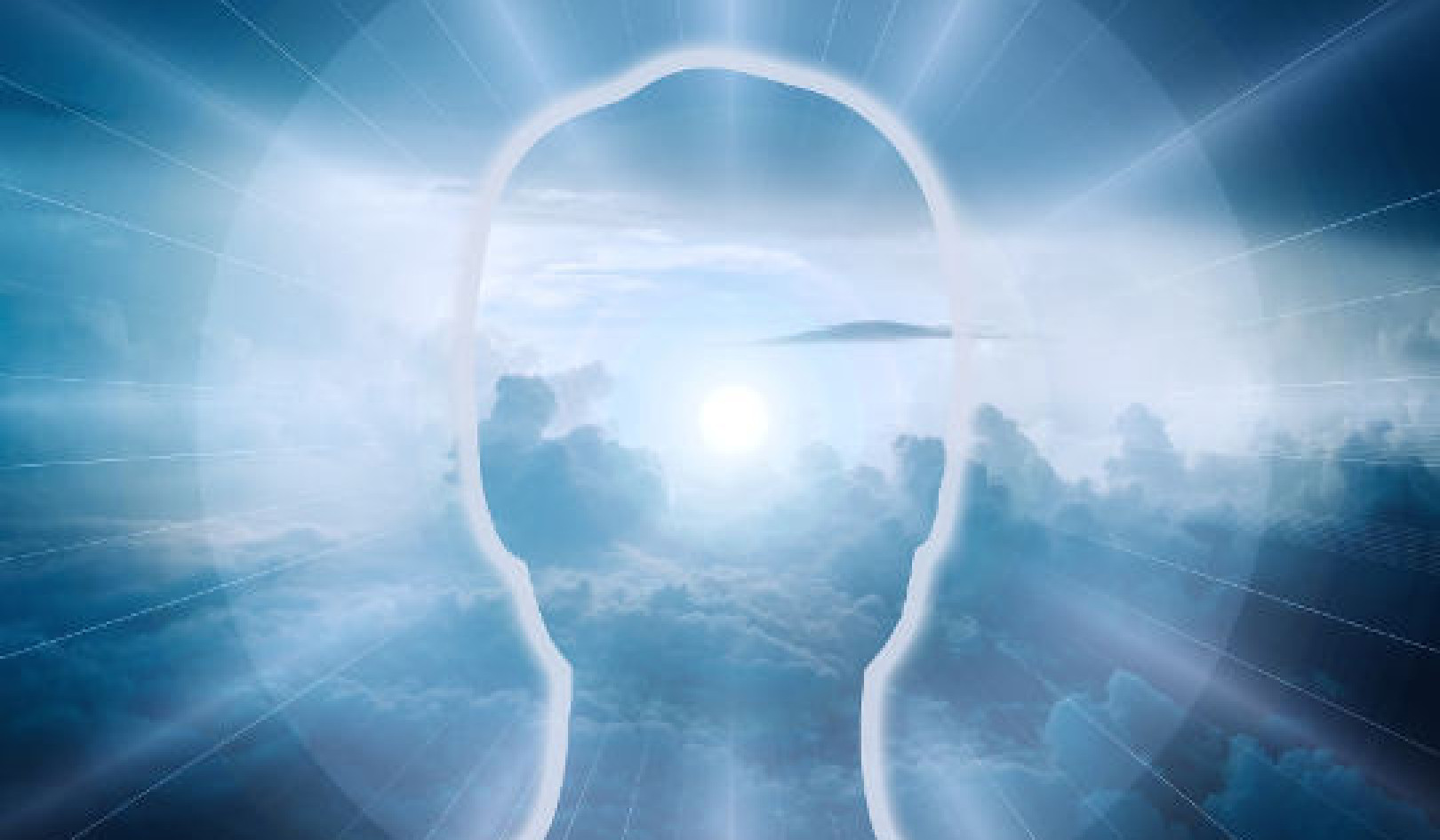
We are so skilled at blaming ourselves or others. Forgiveness is for us, for our growth, and for helping us be more of who we are on the loving and compassionate side of life. Forgiving creates a wonderful lightness of being. It’s not forgetting but clearing the space in our inner world that has been occupied with blame, anger, and regret. Most importantly, please don’t judge your feelings as “bad.”
Forgive those things that need forgiving
so you can move on, lighter and more compassionate.
It’s necessary to be conscious of the way we store events in the body and how they create layers of similar emotions—grief with grief, joy with joy, anger with anger, and love with love. These layers are like the strata in rocks, building great cliffs of emotions that are touched each time another similar emotion is experienced. A recent sadness gathers into it all the sadness previously stored in the body. This requires a concentrated excavation effort.
For example, many marriages are impacted by people from the past. Our spouse says something totally neutral, yet we go into a rage or a place of sadness or suddenly feel attacked. What happened? Most often, if we are female, our mate has repeated something said to us by our father or first husband or mentor of some kind that impacted us very negatively. When our mate spoke, the words resonated with the times in our lives we heard those same words in a negative way. This is also true of men and the female triggers from their past. Our past comes up to be seen, and healed, through our current relationship.
That is one of the gifts of relationship—it shows us where we need to work.
Stored Emotional Memories Are Opportunities for Growth
Since we have accepted the call to undertake our heroic journey and have surrounded ourselves with allies, each time we enter our bodies to discover what else we have stored there, we have protection. Also, we now know these stored emotional memories are opportunities for growth.
As author Pema Chödrön says: “Nothing ever goes away until it has taught us what we need to know.” This is true of grief and true of every incident that has occurred in our lives where we had an emotional reaction.
We store each of those memories in our cellular body and have our lifetime to access, understand, and either remove or change our understanding of these memories. They will not go away until we have addressed them and learned what we need to know. The good news is that once we’ve accessed one memory, we can access all of them.
Nothing ever goes away until it has taught us
what we need to know.
Discovering My Grief
As a young woman born and raised in Illinois, I experienced separation from friends and neighborhood as my parents moved—twice in five years. The first time, our family moved from the urban community that I was born into that included my grandparents, aunts, uncles, and cousins, and a real sense of where I came from and where I belonged. As I was going into seventh grade in my small Catholic school, which I’d entered at five, my parents moved us to the country.
Removed from everything familiar, it took me years to adapt and adjust.
I never grieved that move because it was the 1950s and everyone did what they were told without question—even my mother. It was only as I grew older that I understood what that move meant to her and her roots. Meanwhile, I adapted. After all, I told myself, it had turned out well in the long term.
Then, just before my senior year, my dad moved us to Florida. I went from a class of twenty-one, which included my friends and my boyfriend, to a sophisticated South Florida high school with 350 strangers in my class. I was terrified. But I didn’t grieve. What was there to grieve when my home was new and beautiful and the sun shone every day? It would have been ungrateful, and I had long practiced the habit of being thankful for what I had. However, that thankfulness doesn’t matter when there are grief and separation at the forefront.
What was I storing in my body besides fear and teen angst in those blocks of frozen tears? There was anger over my lack of control over my life, and guilt resulting from that anger. I was painting a picture of myself as a whiner and someone who didn’t appreciate the life that I had. This secret image would come back to haunt me for years in the form of low self-esteem.
A New Compassionate Perspective
Being moved at those two points in my life—two ages so important to social adaptation—had a huge impact on me, my siblings, and my parents. Part of my healing path is to go back and imagine my parents as they were at that time and imagine what their thought process was. My dad was finally, in his late thirties, breaking away from his own parents when we moved to the farm. He was choosing a way that was opposed to everything his father wanted from him.
Seeing him at that age was eye- and heart-opening. Knowing that he had served in the war, come home to a family business, a long-ingrained family dynamic, and the responsibilities of children and a wife gave me a new perspective and put me in a place of compassion where I could forgive, but it also gave me the capacity to admire his courage.
We can look with new eyes, create a new perspective, forgive, and release negative thoughts. All of these are energetic transfers from the negative, gloomy, judgmental perspectives that are draining the life from our bodies to new perceptive, creative, hopeful, and compassionate packages of energy that light us up.
Surprisingly, lots of people have become so enraptured with holding on to the draining emotions of hate, anger, judgment, resentment, and blame for such a long time that it has become the story of the body. These old ways of being fight to exist through the ego. We can be much healthier through accepting new information and storing that energy in our cells.
Everyday Compassion
As I was writing this section, the phone rang. My friend had been struggling with a difficult issue, and she launched into a long, angry tirade. I started to tell her I had to cut her short since I was working, when it hit me. This was a real-life opportunity to practice what I teach—be patient, listen, put myself in her place, and have compassion for what she was going through.
Now was not the time to talk to her about her story. That would have been useless in her current place. What she needed was a friend of the heart to just listen and offer to be there.
It was another reminder that we aren’t operating in a huge arena of operatic-sized angst and grief. Daily we operate in the world of little grievances and little dramas. Silently I said the prayer I love from A Course in Miracles:
Every decision I make is a choice between a grievance and a miracle.
I relinquish all regrets, grievances and resentments and I choose the miracle.
My body relaxed, my ego stepped aside, and I chose to expect the miracle. And as if on cue, my friend said: “But you know what? I almost forgot to tell you about my victory today I was so focused on the negative. Thank you!”
“Thank you?” I hadn’t done a thing but listen and change my energetic perspective from judgment to compassion. She felt my energy move from brain to heart without me saying anything—a demonstration of how our energy impacts others, even over the phone. Imagine how powerful it is in person.
Opening to Compassion
One of the greatest gifts of grief is the opening of our hearts and bodies to the knowing that others are suffering. How is it possible we could have not known or felt the others who suffer as much as we do before our grief? In spite of television bringing to us stories of starvation, massacres, wars, and endless suffering of others, most of us only experience surface sympathy. Now that we have experienced loss and sadness, we have moved into empathy.
A Gift
Experiencing grief leads us to have greater empathy for others.
For myself, I am aware now of how many people in this very moment, all over the planet, are being visited by an unthinkable tragedy. I never thought about this quite the same before my great loss.
I have loved the poetry of Miller Williams for many years, and his poem “Compassion” never leaves my heart.
Have compassion for everyone you meet
even if they don’t want it. What seems conceit,
bad manners, or cynicism is always a sign
of things no ears have heard, no eyes have seen.
You do not know what wars are going on
down there where the spirit meets the bone.
Sometimes being unable to act the way society expects is misinterpreted as bad manners. Hold this in your heart when you make a judgment about someone. We never know.
The ego will ask why the person or situation may not have the same empathy with us, but that is irrelevant. What matters is what builds in your heart and creates a place of understanding. It begins one person at a time, and our energy will radiate out to others and touch them in a way that may awaken the compassionate side of their hearts. Whether it does or not, you have the gift to affect others with your emotions.
©2013 by Therèse Amrhein Tappouni. All Rights Reserved.
Reprinted with permission of the publisher,
Hierophant Publishing. www.hierophantpublishing.com
Article Source
 The Gifts of Grief: Finding Light in the Darkness of Loss
The Gifts of Grief: Finding Light in the Darkness of Loss
by Therèse Tappouni.
Click here for more info and/or to order this book.
About the Author
 Therèse Tappouni is a Certified Clinical and Medical Hypnotherapist, and a licensed HeartMath® provider. Along with her partner, Professor Lance Ware, she is the co-founder of the Isis Institute (www.isisinstitute.org). She is the author of five books, a creator of CD meditations, workshop director, and a woman who leads other women on the path of their purpose and passion. Therèse has co-authored a book with her daughters which is for young children, parents and teachers. "Me and Green" is a book about sustainability for the youngest among us and it has won several awards. Therèse's work finds a home with anyone on the spiritual path that leads to an intentional life.
Therèse Tappouni is a Certified Clinical and Medical Hypnotherapist, and a licensed HeartMath® provider. Along with her partner, Professor Lance Ware, she is the co-founder of the Isis Institute (www.isisinstitute.org). She is the author of five books, a creator of CD meditations, workshop director, and a woman who leads other women on the path of their purpose and passion. Therèse has co-authored a book with her daughters which is for young children, parents and teachers. "Me and Green" is a book about sustainability for the youngest among us and it has won several awards. Therèse's work finds a home with anyone on the spiritual path that leads to an intentional life.
Watch a video: Dealing with Grief in A World Full of Grief (with Therèse Tappouni)


























